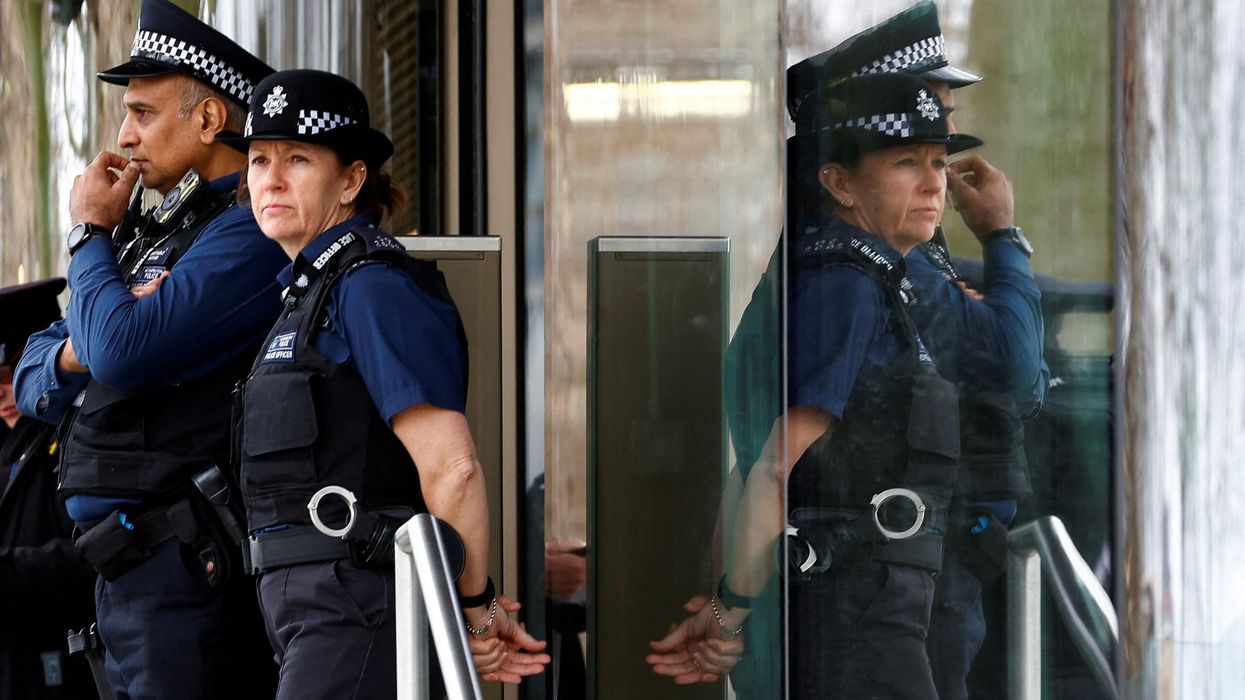The latest data from the Pensions Policy Institute points to a wide gap in pensions for male and female workers.
Women would need to work for an extra 19 years to retire with the same pension savings as men, says The Guardian.
The research found women retiring at 67 – the new UK state pension age from 2026 – will have saved an average of £69,000, compared with £205,000 for men.
The data published by the PPI and pensions provider Now: Pensions, suggests that under the current system, to close the “gender pension gap” a girl will have to start saving at three years old to retire with the same amount of money as working men.
Career gaps, caring responsibilities, childcare costs, and lower earnings all contribute to the disparity.
Now: Pensions has called for the removal of the £10,000-a-year earnings threshold for people to be automatically enrolled into a workplace pension as it excludes many women who hold multiple jobs or work part-time or as freelancers.
Women often live longer than men – on average by about seven years – and hence their retirement pots need to last longer.
The UK state pension age of 66 is set to rise to 67 between 2026 and 2028.
Quoting industry figures, The Guardian said the estimated amount of money needed to enjoy a “moderate” standard of living in retirement had jumped by £8,000 – or 34 per cent – in a year.




